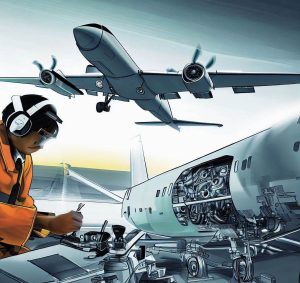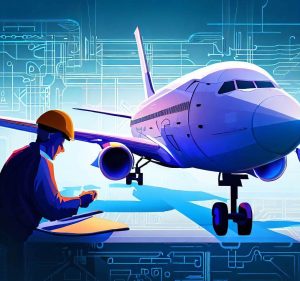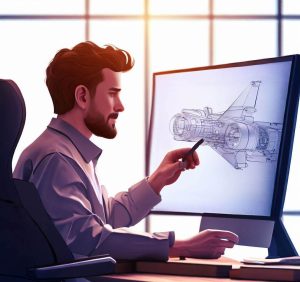Are you driven by the allure of a constantly evolving STEM profession? Step into the world of Aerospace Engineering. Here, you confront a broad spectrum of aeronautical challenges and specializations. As an Aerospace Engineer, you design and monitor the development of cutting-edge aircraft and spacecraft. From creating jets to pioneering advanced space vehicles, you chart your distinct trajectory. By embracing aerospace engineering, you spearhead innovations that define our skies and space, ensuring efficient and revolutionary designs. If the idea of propelling technological advancements excites you and you dream of pushing boundaries in air and space, aerospace engineering beckons as your ultimate career.
Check out our knowledgebase for more information. Are you looking for your dream job in STEM? Look here.






